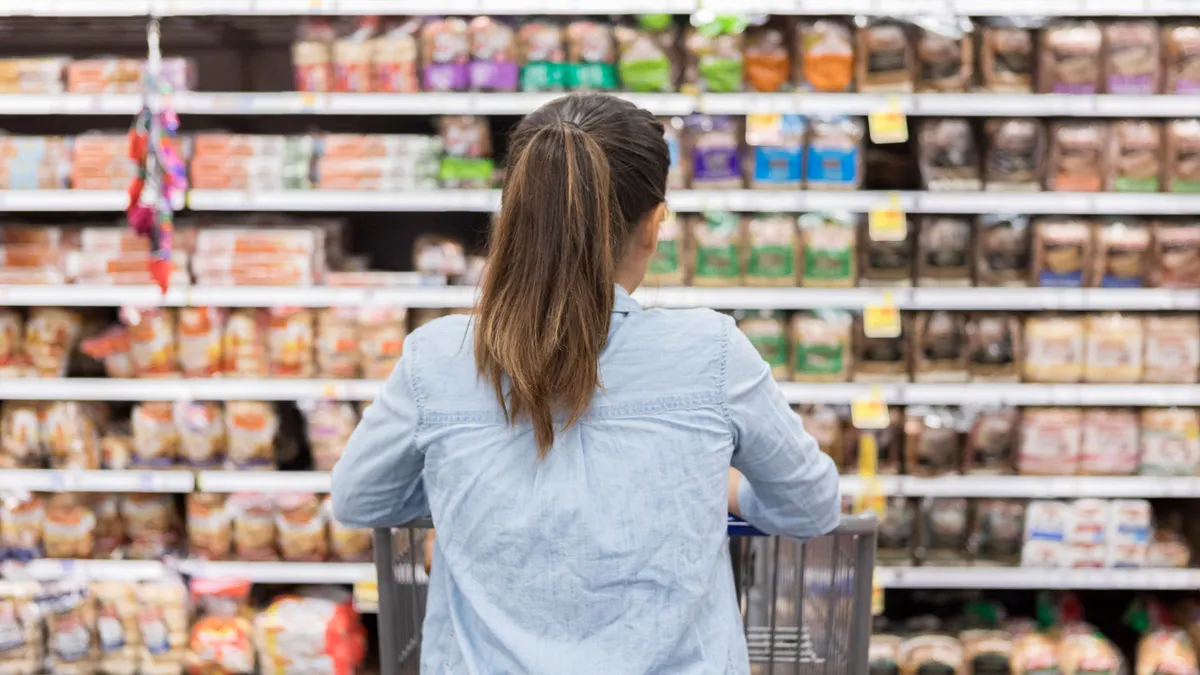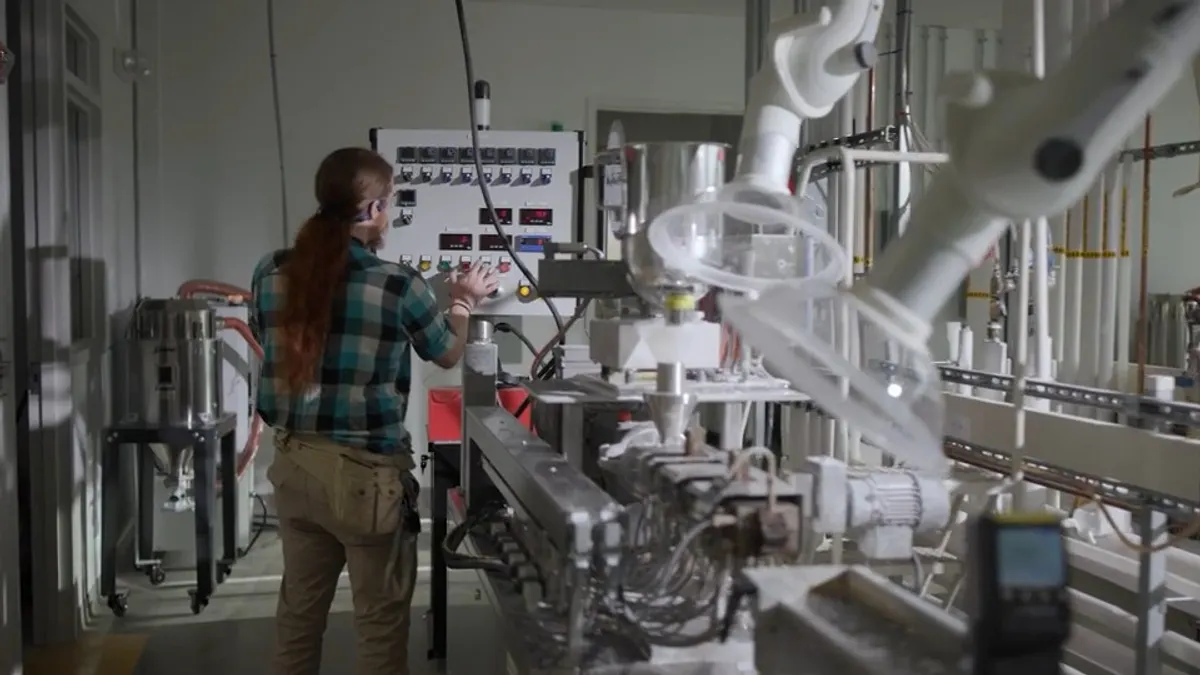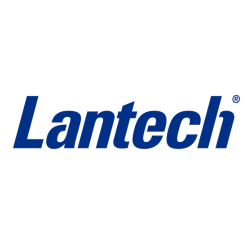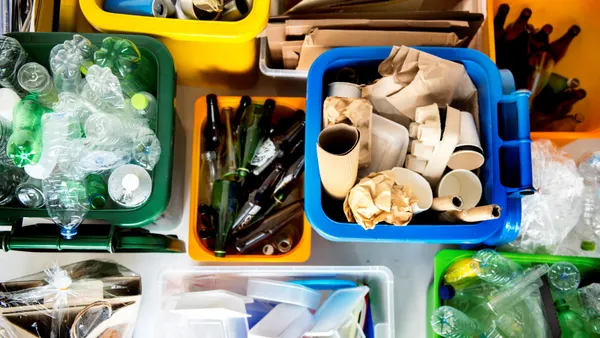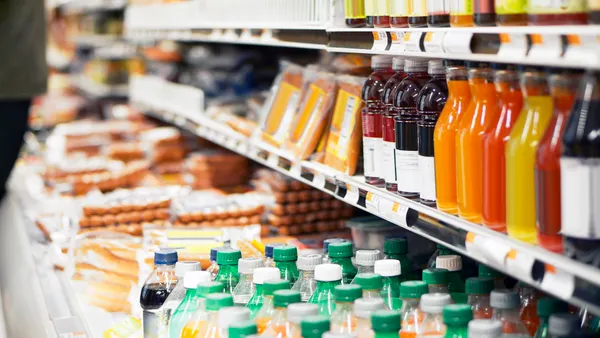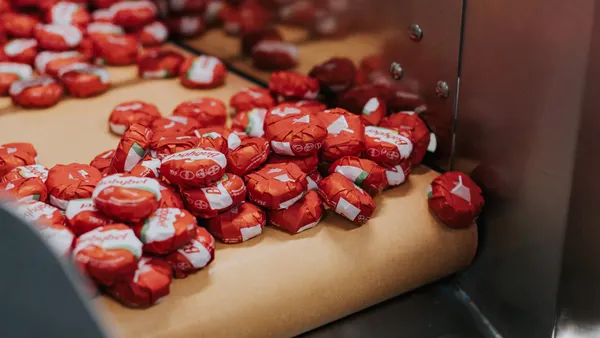Dive Brief:
- The city of Philadelphia on Wednesday announced a lawsuit against two major CPGs, alleging they deceived consumers about the recyclability of their plastic bag products and packaging, which were sold with chasing arrows symbols.
- The defendants named in the complaint are SC Johnson, the company behind Ziploc bags and other home products, and Bimbo Bakeries, the largest U.S. bakery, whose bread brands include Thomas, Sara Lee and Little Bites.
- The city want the companies to revise their marketing and also seeks civil penalties. The city said the companies have violated its consumer protection ordinance, which it adopted last year for investigation into unfair and deceptive business practices.
Dive Insight:
Philadelphia’s action is the latest missive by a state or local government taking on companies over environmental marketing claims, plastic pollution and related issues.
Los Angeles County last year sued Coca-Cola and PepsiCo, saying the companies misrepresented the recyclability of plastic beverage containers. The state of California accused ExxonMobil of deceiving consumers about the extent to which recycling practices could manage waste. Attorney General Rob Bonta told Reuters this week the state will look at continued legal action related to recycling issues.
In other examples, trash bag maker Reynolds has been hit with lawsuits in multiple states, including recently from Arizona’s attorney general, over recyclability claims. And New York tried suing PepsiCo over plastic pollution but the company got that case dismissed.
Philadelphia’s complaint delves into multiple shortcomings with labeling guidelines and programs, including the yet-to-be-updated Green Guides, as well as with How2Recycle labels used by both companies and TerraCycle programs leveraged by Bimbo.
“Philadelphia consumers understand the language and symbols in Ziploc and Bimbo marketing to mean that their plastic bags are recyclable, but that is profoundly misleading at best: Even if it is theoretically possible to recycle plastic bags under limited circumstances, technical and economic realities foreseeably make it so that no matter how hard consumers try to recycle those plastic bags, those bags will nevertheless almost always go to waste,” the complaint states.
Plastic film products or packaging cannot be reprocessed through Philadelphia’s municipal recycling system, the city said in its announcement, meaning that packaging ends up causing both inefficiencies and damage within its infrastructure. The city explained that even when consumers try to recycle plastic bags through store drop-off programs, they “overwhelmingly end up going to waste.”
Like other municipalities, Philadelphia has a contamination problem with recyclables. Consumers trying to recycle items not accepted in the curbside recycling program costs the city “thousands of dollars every year in remediation,” said City Solicitor Renee Garcia, who signed the complaint, in a city press release.
“Due to the high rate of consumption of these companies’ products combined with confusion around the proper method of disposal, plastic film produced by these companies has become a very common contaminant in the Philadelphia recycling system,” the announcement says.
Philadelphia passed restrictions on single-use retail bags in 2019. The city said that decision was in part prompted by increased recycling and waste management costs.
“Although the Bag Ban does not extend to Ziploc bags or the plastic bags in which bakery products are sold, those bags — and the marketing of them as recyclable — still contribute greatly to the environmental and other harms that motivated the City to enact the Bag Ban,” the city said.
Bimbo Bakeries USA said in an emailed statement Thursday that it has not yet been served with the complaint and would review it upon receipt. “We are committed to zero waste across our operations, including consumer packaging, and to being a strong partner in every community we serve, especially our hometown of Philadelphia,” the company said.
SC Johnson could not be reached for comment prior to publication. The company has been a vocal proponent for extended producer responsibility for packaging policies and engaged in global plastics treaty talks.


